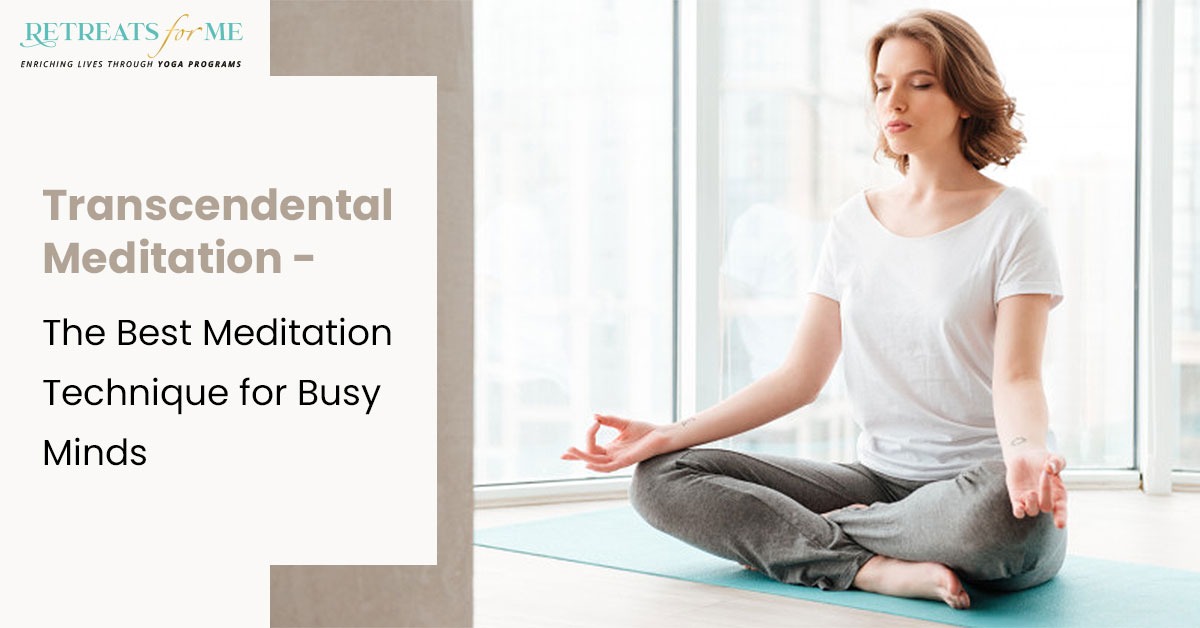
It is essential to set up your environment before beginning a meditation. You should make sure that you are in a dark area free from distractions. Turn off any lights. You can set the volume to a comfortable level if you have a white sound machine. This will help focus on your breathing while keeping you free from all distractions. A candle can be lit to create a tranquil atmosphere. It is important to make sure the candle is completely out before you go bed.
Guided meditation on sleep
Guided sleep meditation helps the mind relax and slow down. It activates parasympathetic nervous systems, which slows down heartbeats and makes breathing easier, preparing the body to sleep. Guided sleep meditation doesn't involve any forced meditation. It is a way for the body to relax and the brain to slow down. This is particularly useful for those who have difficulty falling asleep. Guided meditation is a great way to relax and fall asleep, regardless of whether you have insomnia or any other issues that keep you awake at night.
Guided sleep meditation is a popular method for people to fall asleep faster and more frequently. This type meditation is great for reducing anxiety and stress. A guided sleep meditation is even possible for children. You can download this type of meditation free of charge from a website dedicated solely to meditation. The community also offers hundreds of guided sleep meditations, including some for young children. Visit the Insight Timer website to get started meditating.
The Honest Guys' guided meditation for sleep is an excellent choice. It takes 34 minutes to complete and the soothing music won't get you up. It also comes with no bells or other interruptions that might wake you up. You will fall asleep much faster with the audio recording than without a sleep mediation. This meditation is used by many people to help them fall asleep faster than they would without it.
You can also find many videos on YouTube that offer guided meditations. Or, you can search for guided sleep meditation playlists via iTunes, Spotify and Apple Music. Make sure your bedroom is as comfortable as possible. Be sure to make your bed comfortable. Also, you should darken the bedroom with shades. Try to stay the same sleep schedule each day and avoid watching television or checking your emails. Before you go to sleep, take a hot shower.
Guided imagery
A meditation technique that can help people fall asleep faster and stay asleep longer is guided imagery. Guided imagery is a technique that allows the mind to focus on one picture or scene and then switch to a more relaxing one. Guided imagery is a great way to overcome anxiety and help you sleep better. Try a different room if you have trouble falling asleep even after multiple attempts. You may find it easier to fall asleep if you return to your bed relaxed.
Some therapists offer their services for this kind of mediation. You can have them read out a script or play an mp3 to help you visualize peaceful scenes. Deep breathing is required and prompts are needed. Like any meditation, it takes practice before you get the hang of it. Start small and just practice for a few moments each day. Then you will be able to expand your practice. Guided imagery for falling asleep meditation is an effective tool for reducing stress levels and improving your sleep quality.

Guided meditation can be done by focusing on one part of the body and then imagining it as a peaceful location. The body scan technique is a great way to help you fall asleep faster. This technique allows you to pay more attention to specific areas of your body. Deep breathing will also help people relax and fall asleep faster. Researchers suggest matching breathing patterns to heart rates, with each breath equaling approximately 0.1 Hertz. That is about one breath every ten minutes. Guided imagery can be used for fall asleep meditation. This includes visualizing tranquil landscapes or serene vistas.
An guided imagery meditation for falling asleep can reduce anxiety or stress. It has been proven to lower stress levels and cortisol levels. The stress hormone cortisol is also reduced by guided imagery, which is a major indicator of anxiety or depression. There are many studies that show the effects of guided imagery on our bodies. Guidanced imagery is an effective tool for relaxation and stress management.
Body scan
Fall asleep meditation requires that you be conscious of your body. You should also be alert for any emotional or physical symptoms that might be making it difficult to fall asleep. This meditation will allow you to focus on your body and stay awake. It is important to remember that the process of body scan can be quite long, so you may need to practice this technique for several weeks before you have the desired results. A guided audio program can be used to help you perform the body scanning meditation.
The benefits of body scan meditation are many. It helps you get in touch with your body. It can also help you sleep better, reduce anxiety, manage chronic and acute pain, and improve your mood. In addition to improving awareness, it can help you develop gratitude and self-compassion. A body scan meditation usually lasts from three to forty minutes. You can do it on your own, or with professional help.
While practicing body scan meditation, any position that you find comfortable is acceptable. You can stand, lie down, or walk. Just remember to relax and focus on your breathing. You can use this technique anytime of the day or night as long your body is comfortable. It is important to find a position which allows you to relax and falls asleep easily. Next, focus on each part of your body until you reach your desired state.
After having done fall sleep meditation and body scans, it's time you start visualizing. Begin by focusing your attention on the feet. Next, move up the body and focus on each part. Pay attention and be aware of sensations in the neck, shoulders, chest and chest. Once you've completed your body scan you are able to start imagining your dream destination. Then, you can return back to that image. After a while you will be able focusing on the body scan with no distractions.
To fall asleep, you can use hypnosis
Hypnosis can be an effective way to overcome insomnia. You can imagine it as a stronger form of guided meditation. It is simple, cost-effective, and safe to practice. Hypnosis has been proven to be beneficial for sleep. These are just a few of the many benefits.

Distractions can often cause difficulty falling asleep. Hypnosis for sleep can help you focus on relaxing and disengaging from those distracting thoughts. Hypnosis is a type of meditation you can practice with a professional or alone in your home. As a way to relax and fall asleep, most experts recommend that you use a combination of imagery and suggestion. You can practice hypnosis to fall asleep by following the instructions.
Before you begin a session of hypnosis, it is important to determine your goal. It could be better sleep, or breaking bad habits. After you have set a goal you can start focusing on the object as your focus during meditation. While you are taking deep, focused breaths, you can then focus on the object/image you wish to focus on. Next, slowly and deeply breathe. You can visualize your eyelids becoming heavy by visualizing this.
You can also visualize a place you want to be when you fall asleep. It could be a beach or a golf course in the summer. You could even put a hammock out on your back porch. Whatever your dream, the process can help guide you to it. This is because when we try and fall asleep, we tend to think about all the things we don’t like.
FAQ
If I feel depressed, is there anything wrong?
Depression is a common problem among teens. But, many teens struggle with depression.
This doesn't mean that you're crazy or weak. People who are depressed don't know it. Depression is a medical condition.
There are several types of depression. Some people feel only sadness, while some others experience other emotions. There are different degrees of severity.
Some people are mildly depressed while others experience severe depression. It is important to remember that not all depression is bad. Sometimes, depression can be helpful in coping with stressful situations.
However, if you find yourself feeling demotivated or sad all the time, you should consult your doctor. Your doctor can diagnose you and determine whether you need treatment.
What causes mental health problems in adolescents?
Adolescence is a time when we start developing our identities. As individuals, we start to understand who we are and where we fit in the society.
We also make new friends and develop romantic relationships during this time. These experiences can cause stress.
Stress is normal. But if stress becomes more severe than usual, you should seek medical help.
You may believe that you can manage everything yourself, but sometimes it's better to have someone to talk with.
During times of stress, friends and family members can offer support. They can also teach you ways to manage stress.
Meditation or exercise are two options. Both can help with stress reduction.
A group, such as a church or sports team, is another option. You will meet new people and make new friendships.
What are the 5 ways to improve wellbeing?
Wellbeing is defined as "the state of physical, mental, spiritual, and social well-being". Many factors can affect our well-being. These include family, work, family health, relationships with others, education, finances and community. Your first step in improving well-being and your quality of life is to identify which areas need improvement. Then, work on changing these things.
Here are five ways to improve your well-being:
-
Exercise - This increases endorphin levels, which makes us happier.
-
Sleep - Sleeping for more than six hours a night reduces anxiety and stress.
-
Nutrition – Healthy foods such as fruits & vegetables can boost your mood.
-
Meditation - Regular meditation can reduce stress and anxiety.
-
Socialization - It is important to spend quality time with our family and friends.
What does my mental health have to do with my relationships?
Your mental health has an impact on every area of your life. It can affect your ability and willingness to work at all levels. It can be difficult to build meaningful relationships due to mental health issues.
When you're dealing with a mental health condition, it's easy to isolate yourself from others. Because you feel that no one understands, you may avoid social situations.
You must remember that people want you to be around them. You just have to be approachable.
Talking to people about your feelings is a good way to connect with others. Talk to them about your feelings and get their opinion.
Statistics
- Similarly, for positive mental health, there is likely to be substantial agreement about some typical components (e.g., resilience to stress) 6, and controversy about more atypical components (e.g., career consolidation). (ncbi.nlm.nih.gov)
- According to the National Alliance of Mental Illness (NAMI), one in five Americans experiences mental health issues which translates to more than 40 million adults a year. (doctorondemand.com)
- In any given year, an estimated 18.1% (43.6 million) of U.S. adults ages 18 years or older suffered from any mental illness, and 4.2% (9.8 million) (healthypeople.gov)
- Appropriate nutrition and exercise are likely among the most efficacious and cost-effective positive mental health interventions. (ncbi.nlm.nih.gov)
- More than 40 million adults in the United States have an anxiety disorder, but less than 37% of people seek mental health treatment for their symptoms. (talkspace.com)
External Links
How To
How to Determine if a Mental Health Expert is needed
To determine whether you need to seek professional assistance, some signs should alert you to the possibility that your problem might require professional attention. If you notice any warning signs, it's best to consult a doctor.
-
It feels like you are losing control of your life.
-
You've been having trouble sleeping.
-
When you try and concentrate, your thoughts seem to race.
-
You are thinking about suicide.
-
You feel helpless.
-
You feel that life is not worth living.
-
You are not interested in the same things that you used to love.
-
You've stopped eating.
-
You are now withdrawing.
-
You've tried using alcohol or drugs to deal with stress.
-
You're starting to lose close friends and family members.
-
Other physical symptoms include headaches, stomachaches and backaches, as well as chest pains.
It is imperative that you see a doctor immediately if you are experiencing any of the above symptoms.